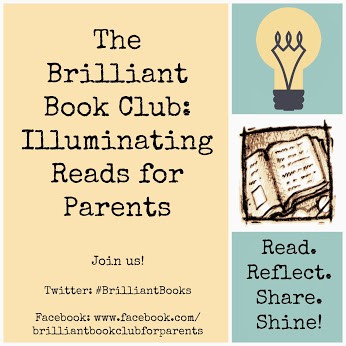 It’s time for our monthly installment of The Brilliant Book Club; if you’re joining us for the first time, each month, we– Jessica of School of Smock, Lauren of omnimom, Debra of Urban Moo Cow, Sarah of Left Brain Buddha, and myself– discuss a current parenting book. Read more about it here. Our selection for January is The Good Mother Myth: Redefining Motherhood to Fit Reality, a collection of essays edited by Avital Norman Nathman.
It’s time for our monthly installment of The Brilliant Book Club; if you’re joining us for the first time, each month, we– Jessica of School of Smock, Lauren of omnimom, Debra of Urban Moo Cow, Sarah of Left Brain Buddha, and myself– discuss a current parenting book. Read more about it here. Our selection for January is The Good Mother Myth: Redefining Motherhood to Fit Reality, a collection of essays edited by Avital Norman Nathman.
I’ve been excited to read this book for months, as this is a topic I am passionate about, and the lineup of contributors is impressive: Amber Dusick of Parenting, Illustrated With Crappy Pictures, KJ Dell’Antonia of the NY Times Motherlode Blog, and a foreword written by Christy Turlington Burns, to name a few! Several of our HerStories Project contributors had essays featured in this book as well- Shay Stewart-Bouley wrote about her experience being the non-custodial parent of her son, and Anne-Marie Lindsey shared a powerful essay about mental health and pregnancy.
The topics discussed in this collection are quite diverse- they are loosely tied together around the larger subject of what it means to be a “good mother.” In the introduction, the editor writes about the co-authors:
They share one thing in common: Their personal landscape of motherhood is guided by the geography of their individual hearts, and by walking their own paths they are creating new definitions of what it means to be a good mother.
Included in The Good Mother Myth are stories of premature birth, learning how to say “no” in a volunteer culture, religion, the decision not to have a second child, sexuality, judging other mothers, and even a dislike of cooking. Nathman asserts, “The so-called Mommy Wars, mother’s guilt, peer judgment, mental illness, and postpartum depression have all been caused or exacerbated by the unrealistic expectations promoted by the Good Mother Myth.”
The essay that resonated with me the most was titled “The Good Enough Mother” by Nerissa Nields. She eloquently writes about motherhood bringing out both the best and the worst in her, a condition I completely relate to. Nields explains, “But parenthood brings me face to face with the parts of myself that are kind of duct-taped together, like the back of a drawer in the corner of the kitchen.” She shares her imperfections in a way that is both transparent and inspiring. Another essay I found to be particularly powerful was written by Kimberly Morand of All Work and No Play Makes Mommy Go Something-Something; she writes about her postpartum depression and anxiety with breathtaking rawness and courage. And Deborah Siegel brought me to tears in her essay “Climbers” with the words,
The scripts inside our heads are relentless. The scripts are insidious.
One of the things I appreciate about this book is that it causes mothers to examine our own lives, our own stories, to take a closer look at our own deeply-rooted beliefs about ourselves and motherhood. As I mentioned, this topic gets me all fired up, and I have written often about my own struggles to fit myself into the mold of “good mother.”
I have shared my guilt about desiring some time and space away from my children.
I have confessed that I do not enjoy playing with my kids.
I swear– not at my children (OK, perhaps there have been a few unintentional expletives unleashed in their general direction when inadvertently stepping on my face or knocking steaming bowls of soup onto the floor…) but I have not made it my top priority to completely abstain from all profanity when they are present.
I take my toddler to childcare— and several afternoons per week, she is there even though I am not technically “working” during that time– three full days a week.
I admit that I am frequently polarized by the topic; I’d like to think that I am comfortable with this unique motherhood script I have written for myself, revolving around the tenets that mothers:
- should prioritize their own needs as well as their children’s
- need and deserve time away to focus on their own lives
- are people too, dammit!
- are not perfect– we make mistakes, we do not possess unlimited patience, and we are occasionally even selfish.
I feel good about those basic principles, and I remind myself that I am teaching my daughters extremely important lessons about what it means to be a woman and a mother. And yet, I still feel my spine tingle as maternal guilt creeps up behind me to tap me on the shoulder and whisper in my ear that I could be doing it better.
I don’t think there was a time of life when I felt this doubt so acutely as when I was a single parent. I divorced my daughter’s biological father when she was an infant, and my husband adopted her just weeks after her third birthday. For several years, even though I had the support of a loving partner during some of that time, I was an unmarried mother of a toddler. Rather than being proud of the strength it took to tackle the hurdles that accompanied that title, I felt deep embarrassment at times. Moreover, I worried that although we looked like a “normal family” when my then-boyfriend and I took my daughter places, we would be “found out.”
I was painfully aware of my naked ring finger and the fact that my cherubic offspring called, “NaNa!” rather than “Daddy” when she wanted my partner’s attention. I wanted to be the woman who confidently disregarded societal norms and pursued her own story free from inhibitions, but it was just too deeply ingrained- “what people would think” mattered to me. I had been unconsciously indoctrinated with what being a family should look like, and I knew that I just didn’t measure up.
I lived with my toddler in a garden level condo that didn’t even have a guest room for my parents to stay in when they visited. When I spent time with people who lived in large houses in family-friendly neighborhoods with yards, I felt like a fraud. I recall even feeling inferior because I only had one child, when most of my friends had two or even three. Looking back, I feel sheepish at this ridiculous notion- as though having an only child somehow makes a person less of a parent!
When I reflect on that short time when it was just my daughter and me, I have managed to somehow idealize those days. They feel like some sort of grand adventure, the two of us against the world, and it is clear that I have romanticized the time I spent as a single parent. Cognitively, I know that was not the predominant mindset that characterized that period of time, even though I did my best to stay positive.
Over the years, I have come to relax into my own ideals and embrace what my family life looks like. Sure, I remarried along the way, witnessed my husband’s adoption of my daughter, and had another child. We moved into a house on a cul-de-sac. I’d like to think that shaking off these silly ideas about what motherhood “should” look like has been a result of my own maturity. I want to believe that the work I’ve done to dispel these myths and accept myself for who I am have come around because of some organic internal progress and coming-of-age. But what if the true reason I feel like a “real” mom now is because I did get remarried, have a second child, and move out of my condo? If I was still a single parent after all these years, would I have found a way to make peace?
I’d like to think the answer is yes. The image of the “good mother” is evolving, thanks to conscious dialogue from parents all over the world. The Good Mother Myth is an excellent reminder that motherhood looks different for everybody. Through stories of adoption, pregnancy loss, custody battles, same-sex couples raising children, postpartum depression, anxiety, and poverty, we are given firsthand accounts that “The Good Mother” is a figment of our collective imagination.
Read the other Brilliant Book Club posts on The Good Mother Myth:
School of Smock: Challenging the Good Mother Myth with Each Mom’s Story
Left Brain Buddha: Remember When You Said You’d Never Have Kids?
Urban Moo Cow: His Perfect Mommy is Just a Myth
omnimom: In Defense of the Good Mother Myth
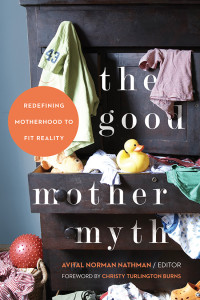
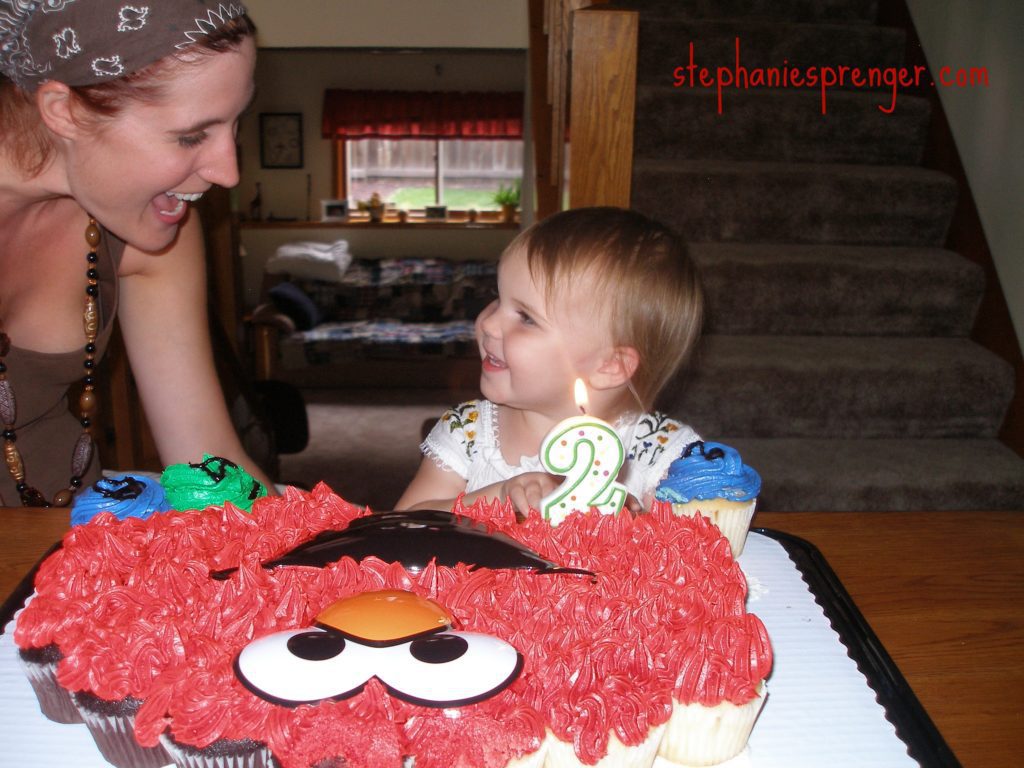
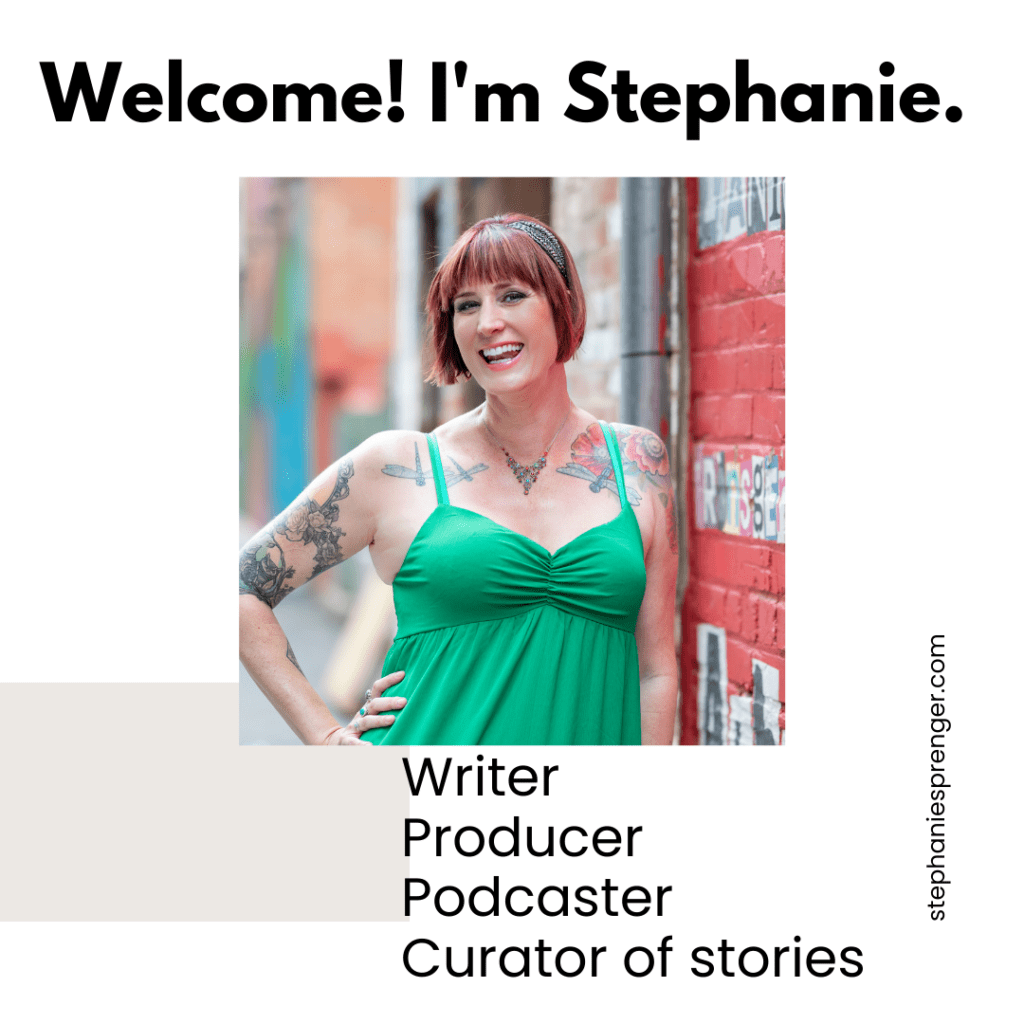

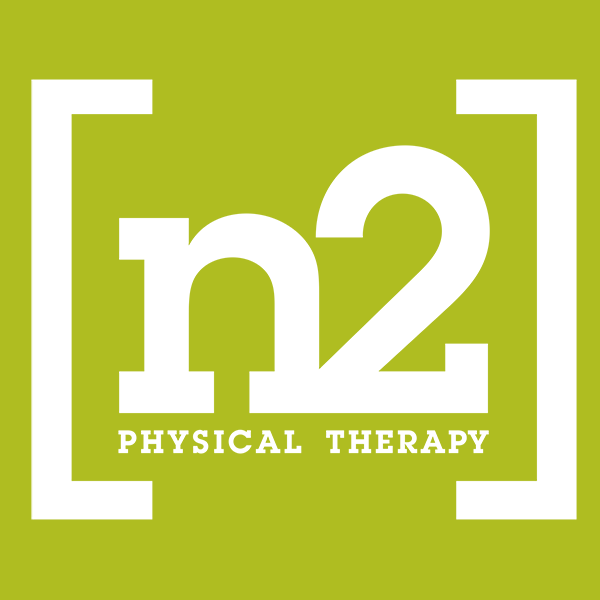







Wow! I think one of our biggest struggles as moms, as women, is our incredible ability to compare ourselves to each other. When a healthier, more rational, and less judgemental alternative might just be to empathize. The “you’re not good enough” voices speak to all of us. It sounds like this book offers us a way to replace those pesky voices with the ones that say *hand over heart* “I know EXACTLY how you feel”.
I love this, Stephanie, and I sometimes manage to forget this part of your story… I love your honesty about what single motherhood was like and the shame/confusion that can bring on. Oh, there are so many ways to be a good mother!
I am really enjoying this book so far, thank you for the recommendation. 😉
‘One of the things I appreciate about this book is that it causes mothers to examine our own lives, our own stories, to take a closer look at our own deeply-rooted beliefs about ourselves and motherhood.’ Wonderfully said, I could not agree more. I love the idea of the variety of Good Mothers out there being a prompt for self-reflection. I think you are also right that many of us grow out of ideal-types and ‘shoulds’ the more we experience of reality. This seems to me to be a natural progression. As young adults we all have goals, based on our individual desires and cultural reference points, and then we have to adjust them constantly as life gets in the way. I’m not sure it is a bad thing. And I think the peace you have come to vis-a-vis your own family is proof enough of that! Thank you for this honest, thoughtful post.
This sounds like a book I need to read!! Thanks for sharing about your experience as a single mom too. 🙂
Yay to living on a cul-de-sac! We do too.
I’m always a little bit torn when I read “serious” posts about mothering. Part of me just wants to yell, “shut the fuck up! It’s not that big a deal!!” when women doubt themselves as mothers. Most women are doing just fine and shouldn’t be made to feel otherwise just because another mom has a bigger house or a cleaner house or has elaborate birthday parties for their three year old that is totally outrageous and quite frankly, stupid (I’m not bitter about a recent party I had to take my 4 year old to, btw.) I joined a daddy FB page recently and I’m sort of shocked to see that there are a lot of dads out there doing the same stuff. Kids are pretty tough and will mostly grow up to be what they’re going to be because that’s how they’re programmed. We’re mostly just supposed to not screw them up too badly I think. I like your tenets, Steph. They make perfect sense. One day, we’ll all look back on these days and laugh that we worried about any of it.
“I worried that although we looked like a “normal family” when my then-boyfriend and I took my daughter places, we would be “found out.””
This is exactly what Lauren’s post is talking about, right? The boggart that takes the shape of whatever we fear most.
I love your honesty and your ambivalence. All that fake, sunny shit makes me want to throw up in my mouth. Give me real, give me authentic, give me YOU any day of the week and twice on Sundays. xo
I’m always looking for interesting books. I’ll have to check out this one, thank you!
Once again, I relate to this. Myths about womanhood plagued me in my early twenties, and there was much wringing of hands because I “wasn’t married at the right age” and wasn’t “financially successful at the right age.” I think I’ll go through the same thing when I become a parent too, so it’s good to be aware of it. Maybe I’ll combat it before I begin, lol.
I only have one child and so relate to this. I have so many days, even now, when I don’t feel like a “real mom” and I think that the fact that I had my son so “late in life (groan)” has something to do with it, too. You’re right, it’s NOT just on the inside, people judge. They do. And I love that you’re doing something to make that judgement take shape, and maybe, possibly, one day, go away.
Oh how I love that you wrote about you in this. So many of us create this illusion that motherhood is peachy. It isn’t. We all have our own struggles and it is about time that we lift that veil of perfection.
Thank you so much for supporting this book and I am so glad that you liked my piece. I puked when I saw it in a book. xo
Before I decided to get pregnant with my son, I had a heart-to-heart talk with my sister-in-law. She is a wonderful, grounded, thoughtful person whose opinions I respect deeply, and she also happens to be trained as a therapist. I spoke to her about my doubts that I would be the best mother for a child, that I was afraid I would fail my child, not able to be the role model I would like to be. She gently talked to me about the concept of the “good enough mother”. It was a very eye opening conversation for me in many ways and a few months later, I was pregnant. Since my son was born, I strive to be the “good enough mother” and try to forgive myself for falling short of some imaginary ideal.
Remembering My Mother is a post on my blog above I feel fits in with your subject discussion